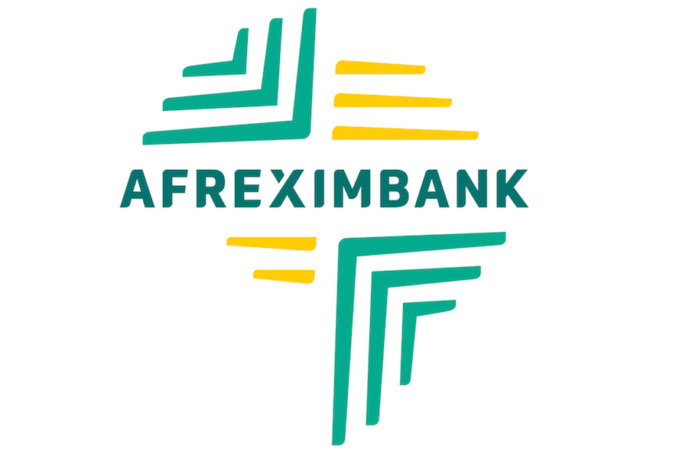FG to Procure 29.588m Doses of Johnson & Johnson Vaccine

The Federal Government is committed to procuring 29.588 million doses of the Johnson & Johnson vaccine through the AVAT initiative, coordinated by Afreximbank, the Minister of Finance, Budget and National Planning,
Mrs. Zainab Ahmed, has said.
Speaking at a Collaborative Africa Budget Reform Initiative (CABRI) General Assembly webinar, she said the supplementary budget for COVID-19 vaccines will cover the cost of additional vaccines over and above those provided by COVAX, as well as the full cost of operations and logistics for delivering the vaccines around the country.
She stated:
Already, the sum of N29.1 billion has been released from the Routine Immunization budgetary provision (Service Wide Vote) to the National Primary Healthcare Development Agency (NPHCDA) as an advance for the operational cost of deployment of the COVID-19 vaccines.
The N29.1 billion represents about 52 per cent of the amount required over 2021-22.
In a statement issued by her spokesman, Yunusa Tanko Abdullahi, the minister stated that the World Bank has indicated the willingness to provide the needed facilities in support of COVID-19 vaccination plan.
Considering key elements of Nigeria’s vaccine financing strategy, she said that the government is working on a supplementary budget to provide for the cost of vaccine procurement and delivery.
The Federal Ministry of Health plans to vaccinate 70 per cent of eligible (18 years and above) Nigerians over the 2021 and 2022 fiscal years,
Ahmed said.
The nation, she stated, has received commitments from COVAX for COVID-19 vaccines that could cover 43.1 million of the eligible population, as donations from some development partners.
On the impact of COVID-19 pandemic and the oil price crash on the Nigerian economy, she noted that prior to the pandemic, implementation of the Economic Recovery and Growth Plan 2017-2020, prudent resource management and fiscal policy implementation had resulted in 11 consecutive quarters of GDP growth, with GDP growth rising from 1.91 per cent in 2018 to 2.27 per cent in 2019.
Ahmed also noted that the government had begun the process of moving the economy away from its primary dependence on oil for revenues and foreign exchange, and was making steady gains in addressing infrastructure and human capital challenges.
According to her, COVID-19 came and Nigeria’s Bonny Light crude oil price fell from a peak of $72.2 per barrel on January 7, 2020 to below $20 by April 2020.
In effect, the US$57 crude oil price benchmark approved in the 2020 Budget became unrealistic triggering the need to adjust the following variables: reduction of crude oil benchmark price from US$57 per barrel to US$28 per barrel; reduction of daily crude oil production benchmark from 2.18 million barrels per day (mbpd) to 1.9 mbpd; adjustment of the official exchange rate to N360/US$1 from N305/$,
she stated.
The minister said that another key development in the international crude oil market that necessitated adjustment in the fiscal framework was the large output cut by the Organisation of Petroleum Exporting Countries (OPEC) and its allies to stabilise the world oil market.
The implication of all these, according to her, was about 60 per cent decline in projected government revenues from the oil and gas sector, with further consequences for foreign exchange inflows into the economy.
Nigeria, Ahmed stressed, was exposed to spikes in risk aversion in the global capital markets, which put further pressure on the foreign exchange market as foreign portfolio investors exited the Nigerian market.
Our celebration of an early passage of the 2020 budget and return of the budget cycle to January-December was short lived, as the crisis created a need to go back to the drawing board to: Revise our fiscal framework (including the 2020 budget); strategize to protect our economy; fund our healthcare needs to save lives; and plan a fiscal stimulus package to reflate the economy and safeguard jobs,
she said.
Overall, Nigeria’s GDP contracted by 1.92 per cent, according to the National Bureau of Statistics (NBS), as against the 2.93 per cent growth previously projected for 2020.
And this meant that we had to develop more mid- to long-term interventions to successfully weather the storm of the crisis and put our economy back on the growth trajectory,
she said.
On Nigeria’s fiscal response – short term interventions and impact on public finances, as an immediate fiscal response, Ahmed said the country procured a $3.4 billion loan from the International Monetary Fund (IMF) and about $2.5 billion in local currency from the domestic capital market to support the 2020 budget implementation, among others.
She noted that the government then packaged a N500 billion for COVID-19 Crisis Intervention Fund in the 2020 revised budget, as part of a N2.3 trillion Economic Sustainability Plan, adding that several cost control measures were introduced, with non-critical expenditures deferred and massive investments made to strengthen the health sector.

Justin Nwosu is the founder and publisher of Flavision. His core interest is in writing unbiased news about Nigeria in particular and Africa in general. He’s a strong adherent of investigative journalism, with a bent on exposing corruption, abuse of power and societal ills.













